We loved this article from the New Scientist on how making mistakes can boost your performance (paywall). It’s by David Robson, author of The Intelligence Trap, a book we also enjoyed.
The central plank of Robson’s case is: “Consciously blundering, even when you know better, can promote deeper understanding and better recall, so you are better able to apply your knowledge later on. The phenomenon is known as the derring effect – derived from “deliberate erring” – and when applied astutely, it may bring benefits in many unexpected areas of life.”
In one of the studies cited, people were given the task of learning definitions from the world of neuroscience. One group simply copied out the correct definition. The second group was asked to deliberately add an error – such as reversing the meaning – before correcting it. It turns out that the group with deliberate errors learned about twice as much as the straightforward group.
It seems that introducing confusion and ambiguity strengthens our learning instincts. We’ve noticed in our work that when we use playful, and sometimes absurdist games as part of our workshops, we get a much higher level of engagement.
Facilitators often feel pressure to gets things right and to be efficient, but it seems that in the real world some well-tolerated confusion can be more productive. Perhaps the best way to encourage comfort with confusion is to model it ourselves.
